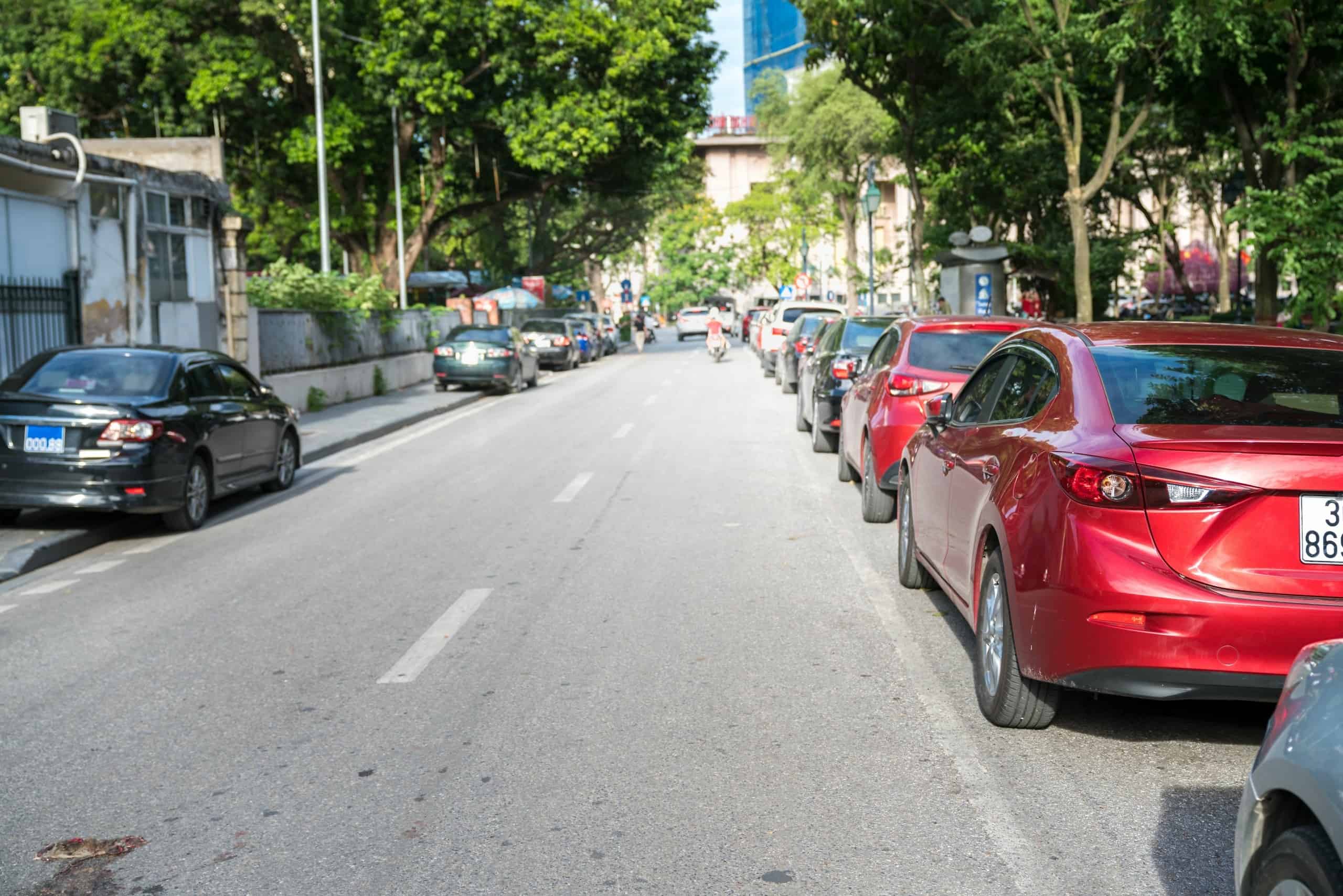Parking enforcement plays a crucial role in shaping the economic development (ED) of municipalities. Effective management of parking regulations and enforcement strategies can have a significant impact on various aspects of a city’s economy, including revenue generation, transportation efficiency, and overall urban development.
This article aims to delve into the influences of parking enforcement on municipal economic development, highlighting its direct and indirect effects on businesses, consumers, and the community at large.
The Role of Parking Enforcement
Creating Order and Accessibility
Parking enforcement ensures order and accessibility within urban areas. By regulating parking spaces, enforcing time limits, and penalizing violations, municipalities strive to maintain a smooth flow of traffic and ensure that parking spaces are available for those who need them. This order and accessibility contribute to a positive environment for economic activities, encouraging business growth and attracting consumers.
Revenue Generation
Parking enforcement can be a significant source of revenue for municipalities. By implementing effective enforcement mechanisms such as parking fines and fees, cities can generate funds that can be reinvested into various aspects of economic development, including infrastructure improvements, public transportation, and urban revitalization projects. Properly managed parking enforcement can thus contribute to the financial stability and growth of a municipality.
Impact on Businesses
Increased Customer Accessibility
Effective parking enforcement strategies ensure that customers can easily access businesses within a municipality. When parking regulations are enforced and parking spaces are readily available, consumers are more likely to visit local establishments, increasing foot traffic and potential sales. This accessibility is especially crucial for retail businesses, restaurants, and entertainment venues that heavily rely on customer convenience.
Enhanced Business Competitiveness
Well-regulated parking enforcement can enhance the competitiveness of businesses within a municipality. When parking spaces are efficiently managed, businesses have a fair playing field, and customers can easily choose where to spend their time and money. By providing a level parking playing field, municipalities can foster healthy competition, encouraging businesses to offer quality products, services, and experiences to attract customers.
Revenue Generation and Job Creation
The revenue generated through parking enforcement can directly benefit businesses and job creation efforts. When municipalities reinvest parking-related revenue into local economic development initiatives, businesses can benefit from improved infrastructure, enhanced marketing efforts, and targeted business support programs. These investments can help businesses thrive, expand their operations, and create new employment opportunities within the community.
Impact on Consumers and Residents
Convenience and Accessibility
Efficient parking enforcement ensures that consumers and residents have convenient access to essential services and amenities. Whether it’s visiting a grocery store, attending a medical appointment, or enjoying recreational activities, the availability of parking spaces can significantly impact the overall convenience and quality of life for individuals within a municipality. By ensuring accessible parking, residents and visitors can fulfill their daily needs with ease.
Reduced Traffic Congestion
Proper parking enforcement contributes to reducing traffic congestion within urban areas. When parking regulations are strictly enforced, it discourages illegal parking and encourages drivers to park in designated areas. This reduces the likelihood of traffic disruptions caused by vehicles searching for parking spaces or occupying restricted areas. Consequently, reduced traffic congestion improves transportation efficiency, reduces travel times, and enhances the overall attractiveness of a municipality.
Urban Development and Revitalization
Parking enforcement strategies can have a significant impact on urban development and revitalization initiatives. Municipalities can leverage parking enforcement as a tool to encourage appropriate land use and drive investment in underutilized areas. By implementing parking regulations that align with the overall development goals of a municipality, authorities can promote vibrant neighborhoods, attract investors, and revitalize commercial districts.
Sustainable Transportation
Parking enforcement can play a vital role in promoting sustainable transportation options. By implementing regulations that encourage the use of public transportation, carpooling, and alternative modes of transport, municipalities can reduce dependence on private vehicles and promote eco-friendly practices. This shift towards sustainable transportation not only benefits the environment but also reduces parking demand, potentially freeing up space for other urban development projects.
Conclusion
Parking enforcement has a profound impact on municipal economic development. By ensuring order, accessibility, and revenue generation, municipalities can foster a conducive environment for businesses, consumers, and the community at large.
The positive effects of parking enforcement include increased customer accessibility, enhanced business competitiveness, revenue generation, reduced traffic congestion, improved convenience for consumers and residents, and opportunities for urban development and revitalization. It is crucial for municipalities to implement effective parking enforcement strategies that strike a balance between regulatory compliance and supporting economic growth.
Through proper management and enforcement, cities can pave the way for thriving economies, vibrant communities, and sustainable urban development.
